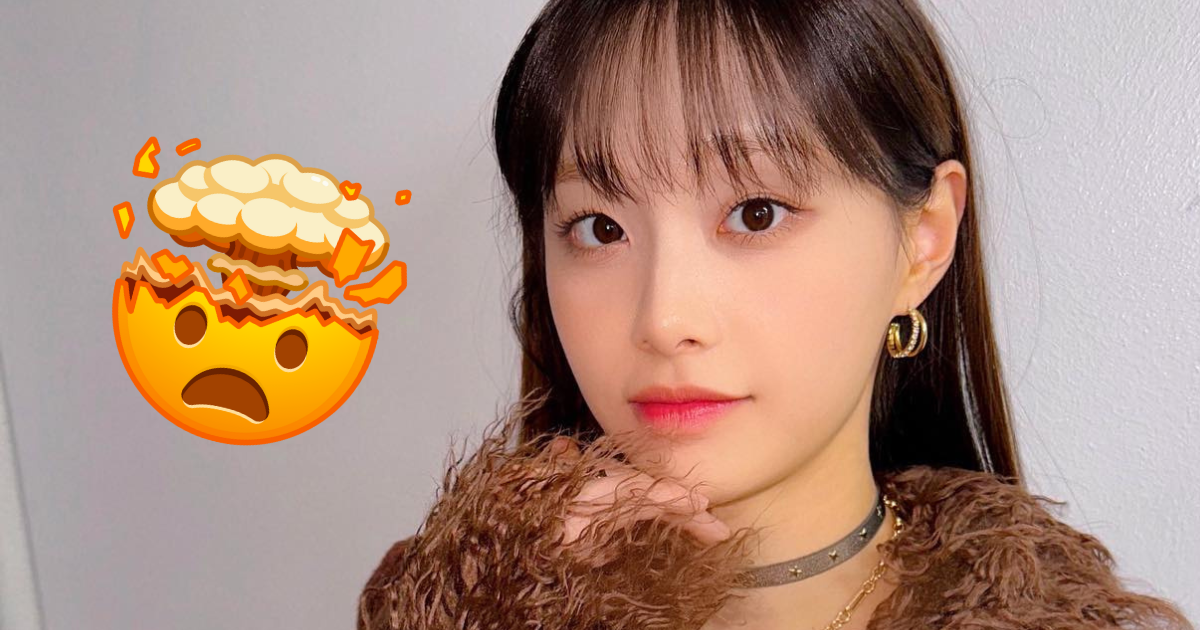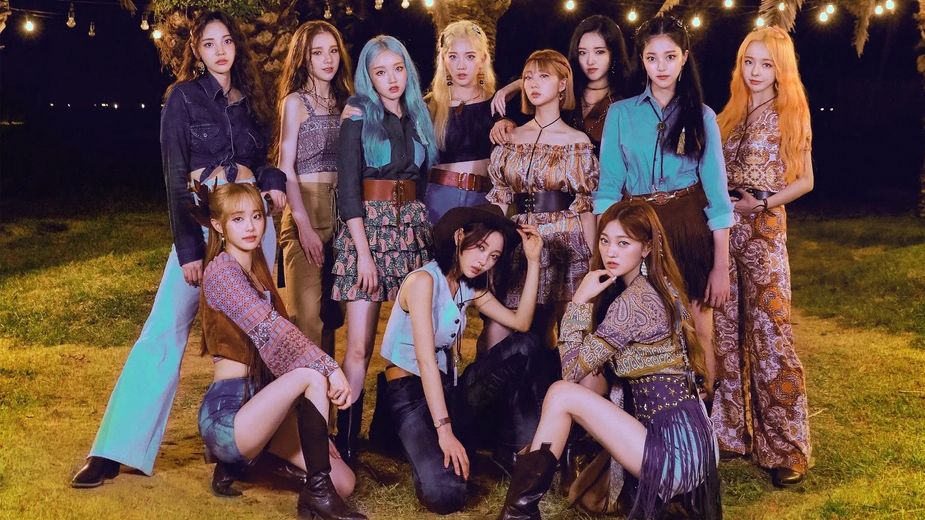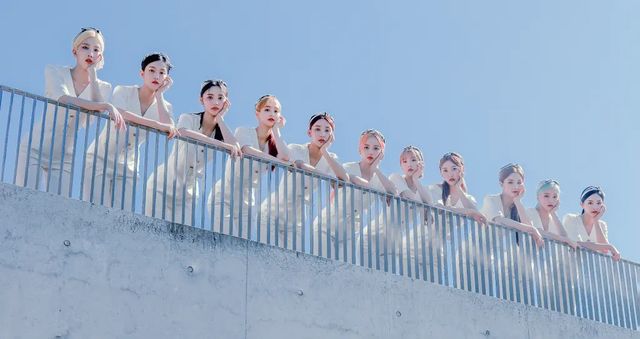BlockBerry Creative Withheld Billions From LOONA Members, According To Court Investigation

The Seoul High Court has once again sided with Chuu (former member of LOONA) in her legal battle against BlockBerry Creative over the invalidation of her exclusive contract. During this trial, more was revealed on the unreasonable revenue structure and how much was withheld from LOONA members by the agency.

Chuu first took legal action against her former agency in December 2021. The legal dispute arose from disagreements over revenue settlements, leading to Chuu seeking to nullify her exclusive contract.

Chuu’s lawsuit was propelled by several key grievances, most notably the “excessive damages liability” and an “unreasonable revenue structure” outlined in her contract. The singer argued that the contract terms were unfair and punitive, with clauses demanding a triple penalty for early termination and allocating a mere 15% of expected entertainment activity sales as compensation.

The initial ruling in favor of Chuu highlighted a particularly egregious aspect of her contract with BlockBerry: despite generating substantial revenue, she received no settlement payments at all. This was attributed to a clause that blocked any payments unless revenues exceeded 40% of the sales. Further, the court criticized BlockBerry for including costs incurred during Chuu’s trainee period in the settlement, a practice deemed unjustifiable given the agency’s potential to recoup these expenses through other means.

The court’s investigation revealed that from 2016 to September 2021, Chuu’s activities alone netted around ₩860 million KRW (about $653,000 USD), yet she saw none of this due to the draconian revenue clause.

Meanwhile, LOONA as a whole saw its highest earnings in 2019, with approximately ₩2.88 billion KRW (about $2.19 million USD) in sales. However, the profit of about ₩1.11 billion KRW (about $843,000 USD) from those sales was not shared with any of the members.

Hence, the appeal by BlockBerry Creative was firmly rejected by the court, which upheld the original verdict, emphasizing the injustice in the revenue distribution agreement.